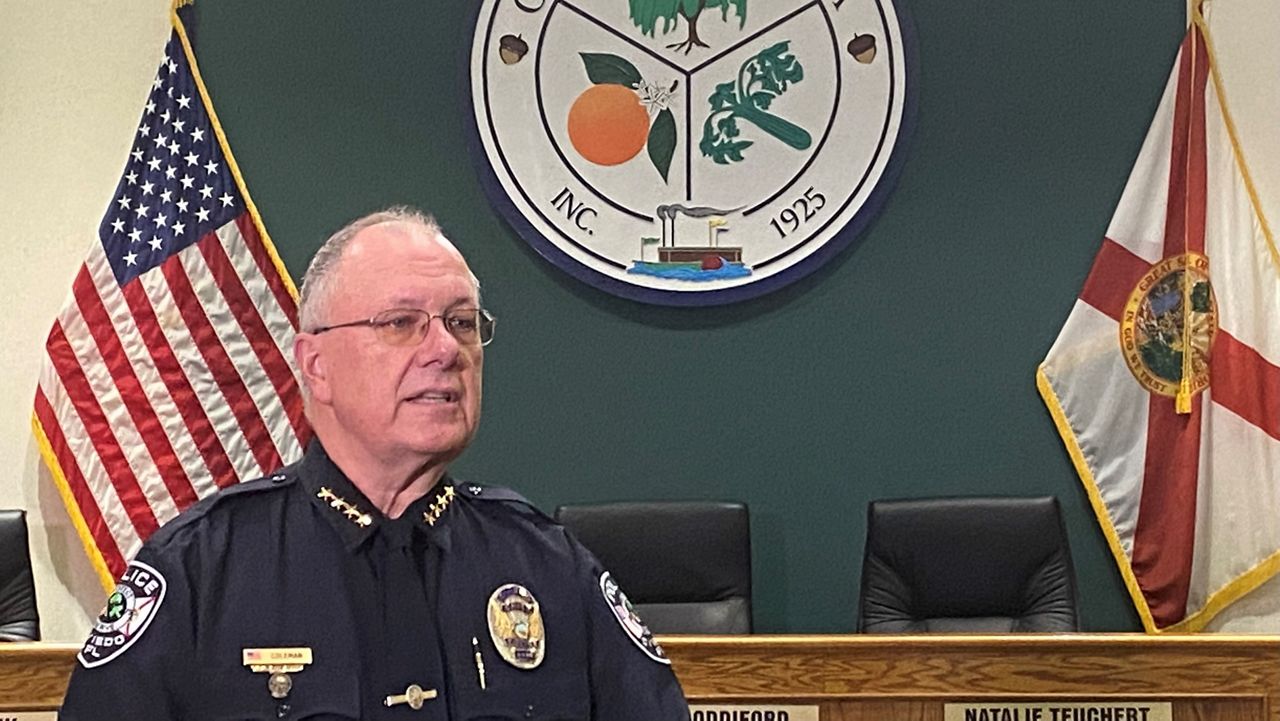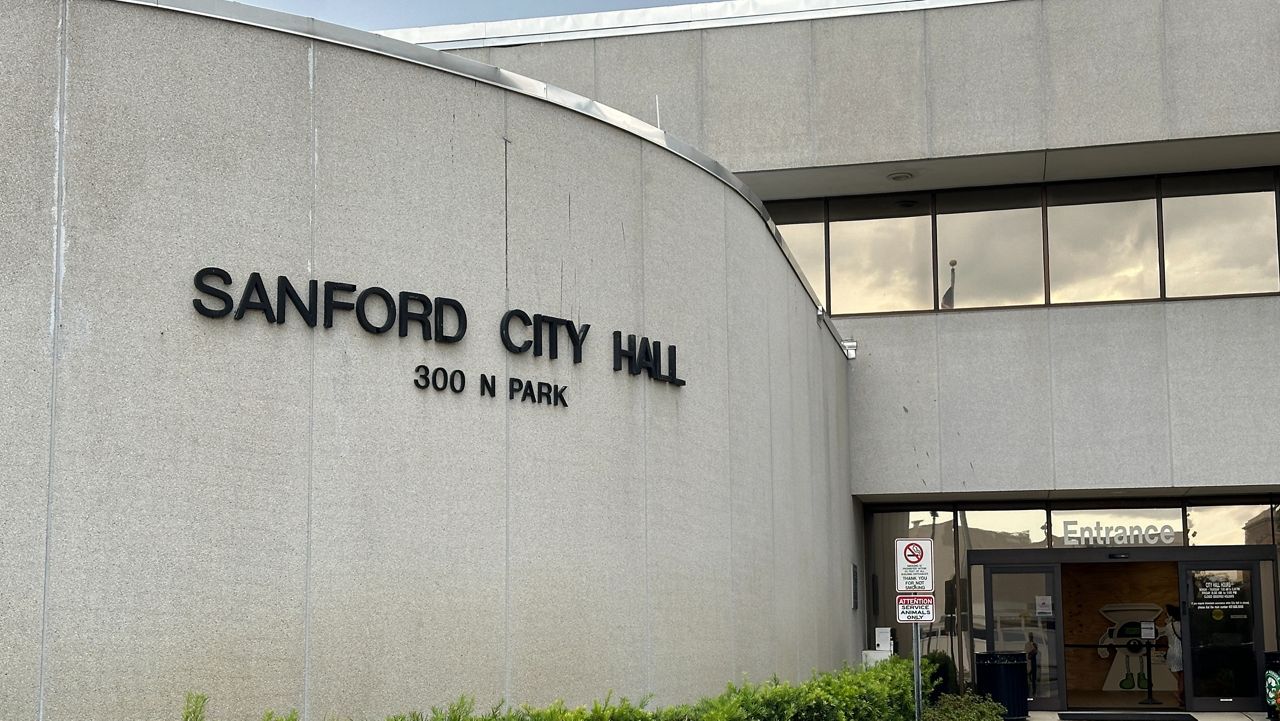SEMINOLE COUNTY, Fla. — The Seminole County Commission is expected to discuss 1,4-dioxane at their meeting Tuesday afternoon. The chemical, which is potentially carcinogenic, was found in the county's water system.
The Stromberg-Carlson Corporation began working out of the Siemens location on Rinehart Road in Lake Mary back in the late 1960s.
A health assessor with the Florida Department of Health wrote in a report that 1,4-dioxane was discovered in the groundwater near the site in 2001.
In the report, which was submitted in 2016, the health assessor also wrote that they believed the water in the Lake Mary system was safe to drink despite the presence of 1,4-dioxane.
“Ingesting water with the highest levels of 1,4-dioxane for 33 years would cause, at most, an ‘extremely low’ increased risk of cancer,” wrote health assessor Deborah Tipton.
Still, the Florida Department of Environmental Protection moved forward with a restoration agreement with the owners behind the old Siemens plant. The agreement, which was filed about a week after a health assessment, held the owners accountable for drilling a new supply well or treating the affected water in Lake Mary’s system.
Now, years later, the topic has bubbled to the surface following an investigation by the Orlando Sentinel.
Back in January, the Sanford City Commission listed 1,4-dioxane as a topic at their own board meeting.
“Water quality matters in reference to the 1,4-dioxane chemical technical and regulatory issues relating to actions of the Florida Department of Environmental Protection and responsible third parties; authorization to initiate administrative and other potentially necessary proceedings,” read the item on the agenda.
Though that evening discussion was mostly focused on the city’s failing waste water vacuum system, unrelated to 1,4-dioxane. The meeting was also shrouded with tension, with news of the utility director’s resignation following just a day later.
With the Seminole County Commission slated to discuss 1,4-dioxane at their meeting Tuesday, residents are hopeful they’ll finally get answers on whether they should be concerned.
“There’s that little inkling in our head now. Someone puts something in your mind, until we get all the facts then I won’t be at ease,” said Joe Inbornone, who lives down the road from the old Siemens plant.
Seminole County officials have insisted the water is safe to drink, though residents like Inbornone toted bottled water back home from the grocery store this week.
“Our water systems have consistently tested below the Environmental Protection Agency and the Florida Department of Health’s advisory levels for 1,4-dioxane since 2017,” wrote Chairman Amy Lockhart in a statement. Documents suggest 2017 was likely when the owners of Siemens began work on plans to address the chemical as a part of their negotiations with the Florida Department of Environmental Protection.
According to county officials, they have received 49 calls and 31 emails regarding the issue since July 12. However, many were inquiring about private well water testing and weren't on the county’s water system.
Residents who spoke with Spectrum News say they’ve been working on identifying whether they live in an affected area. Others said they did not feel alarmed by the news, as they are residents who have been on the water system for decades.
Seminole County will hold their board meeting to discuss on Tuesday at 2 p.m.









